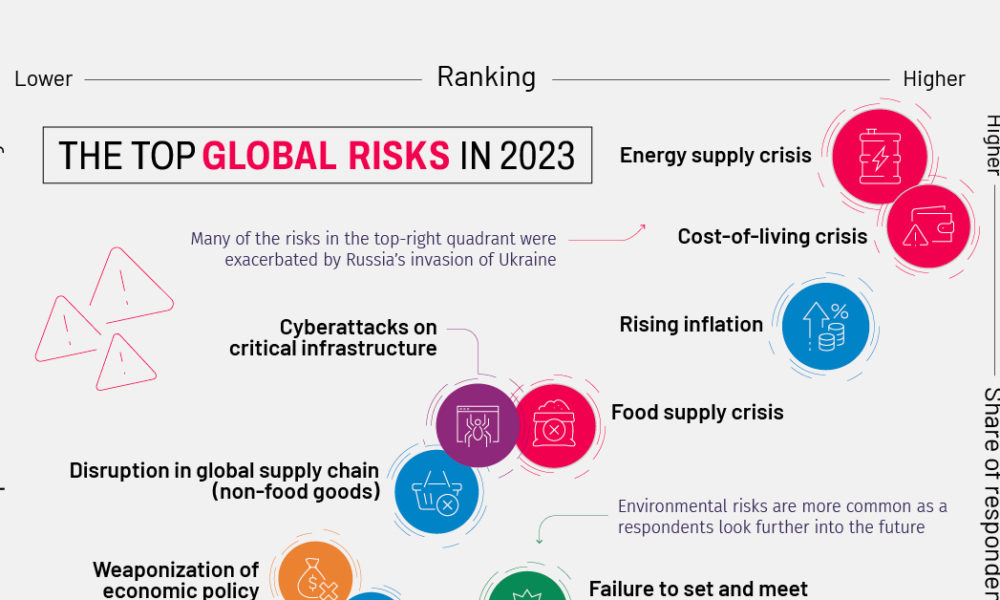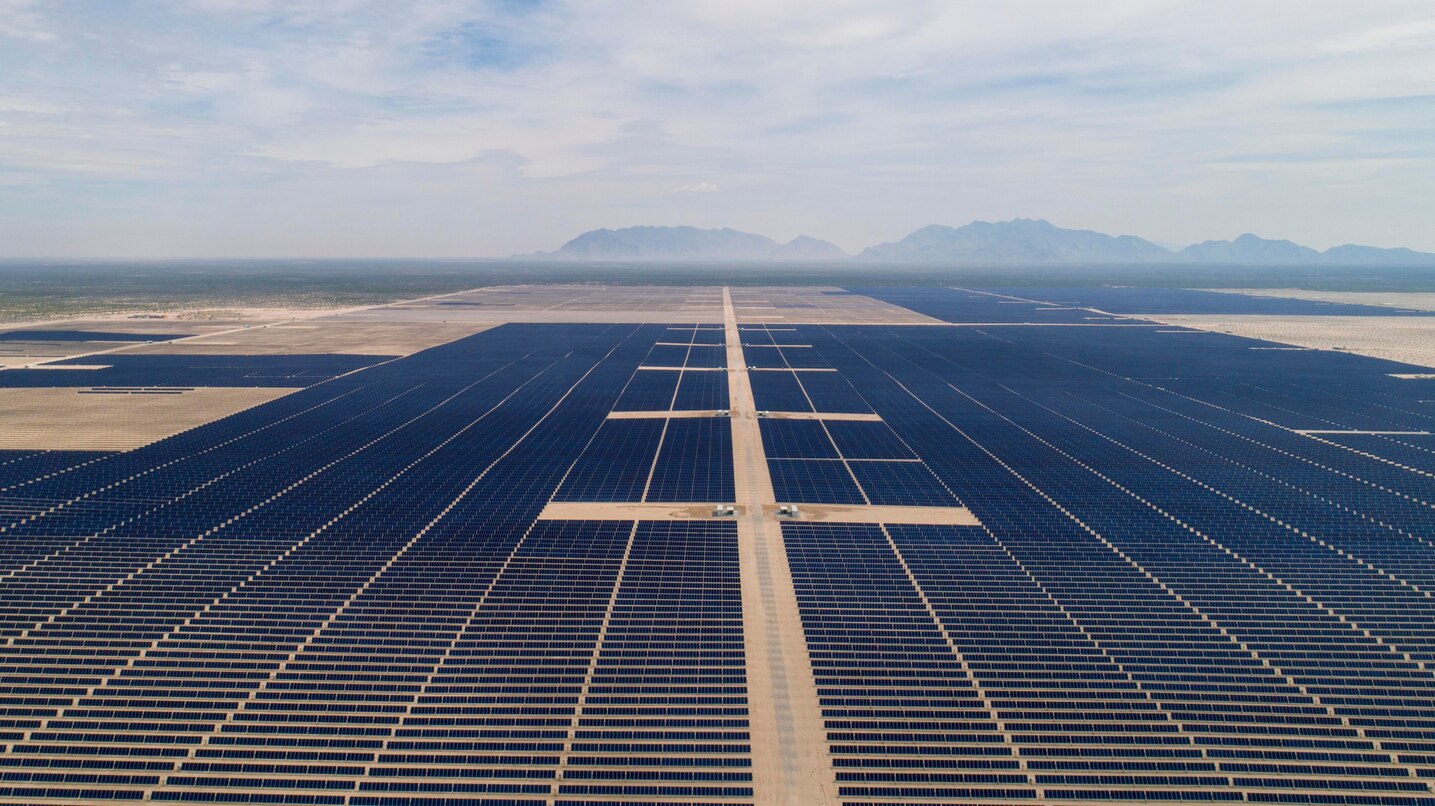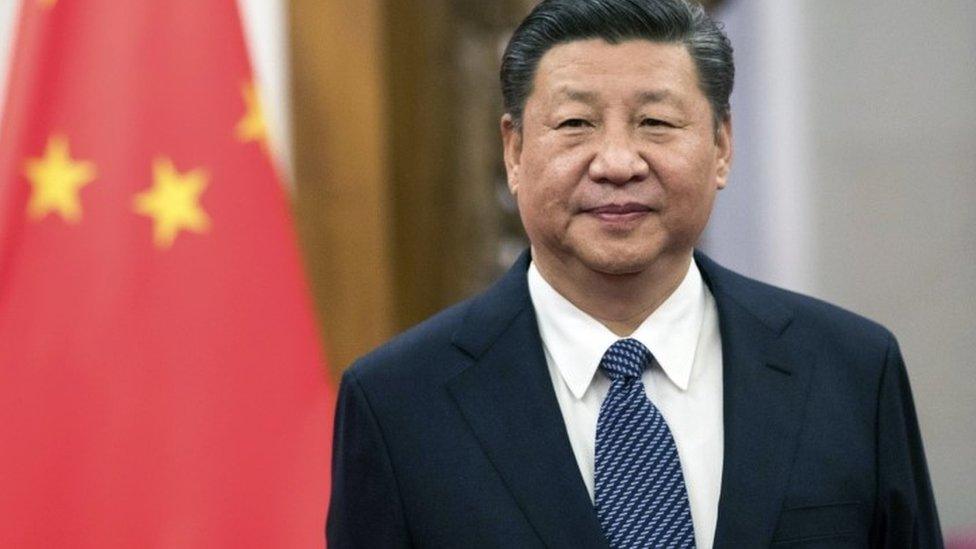- Courses
- GS Full Course 1 Year
- GS Full Course 2 Year
- GS Full Course 3 Year
- GS Full Course Till Selection
- Answer Alpha: Mains 2025 Mentorship
- MEP (Mains Enrichment Programme) Data, Facts
- Essay Target – 150+ Marks
- Online Program
- GS Recorded Course
- Polity
- Geography
- Economy
- Ancient, Medieval and Art & Culture AMAC
- Modern India, Post Independence & World History
- Environment
- Governance
- Science & Technology
- International Relations and Internal Security
- Disaster Management
- Ethics
- NCERT Current Affairs
- Indian Society and Social Issue
- NCERT- Science and Technology
- NCERT - Geography
- NCERT - Ancient History
- NCERT- World History
- NCERT Modern History
- CSAT
- 5 LAYERED ARJUNA Mentorship
- Public Administration Optional
- ABOUT US
- OUR TOPPERS
- TEST SERIES
- FREE STUDY MATERIAL
- VIDEOS
- CONTACT US
Global Risk Report, 2023
Global Risk Report, 2023

Global Risk Report, 2023
Why in News?
Recently, the World Economic Forum (WEF) released the 18th Global Risks Report 2023.
- The report seeks that the world be prepared for ‘Natural disasters and extreme weather events’ in the next two years.
What is Global Risk?
It is defined as the possibility that something bad may happen which will affect all countries.

About Global risk report:
- The Global Risks Report is an annual study published by the World Economic Forum based on the Global Risks Perception Survey.
- It was published ahead of the Forum’s Annual Meeting in Davos, Switzerland.
- Based on the work of the Global Risk Network, the report describes changes occurring in the global risks landscape from year to year.
- 5 key risk categories: Economic, Environmental, Geopolitical, Societal and Technological.
- Global risks ranked by severity over short (2 years) and long term (10 years).
- Short term: Cost of living; Natural disasters and extreme weather events, Geoeconomic hostility.
- Long term: Failure to mitigate climate change; Biodiversity loss and ecosystem collapse.
|
Major global risks: |
Major risks to India: |
|
In the next 2 years: Cost of living; Natural disasters and extreme weather events; Geoeconomic confrontation In the next 10 years: Failure to mitigate climate change; Biodiversity loss and ecosystem collapse |
Digital inequality; geopolitical confrontation for resources, the rising cost of living, debt crisis, natural disasters and extreme weather events
|
Other Findings of the Report:
- Technologies such as AI, Quantum and Biotechnology are going to worsen the inequalities and digital divide, if no action is taken to control it.
- Dominated risks are Cost of living (Short term) & Climate action failure (long term).
- Economic after effects of COVID-19 and Ukraine war resulted in rising inflation, low-growth, low- investment era.
- A miscoordination between monetary and fiscal policies will raise the likelihood of liquidity shocks, signalling a more prolonged economic recession and distress on a global scale.
- Food, fuel and cost crises heighten societal vulnerability while declining investments in human development erode the future flexibility.
Additional Information:
About the WEF:
- Established in 1971 as a not-for-profit foundation.
- Headquarters: Geneva, Switzerland.
- The WEF brings together the public and private sectors to work on projects and initiatives that make a real difference.
- Notable Publications of the WEF:
- Energy Transition Index.
- Global Competitiveness Report.
- Global Gender Gap Report.
- Global IT Report
- WEF along with INSEAD, and Cornell University publishes this report.
- Global Risk Report.
- Global Travel and Tourism Report.
Must Check: Best IAS Coaching Institute In Delhi



